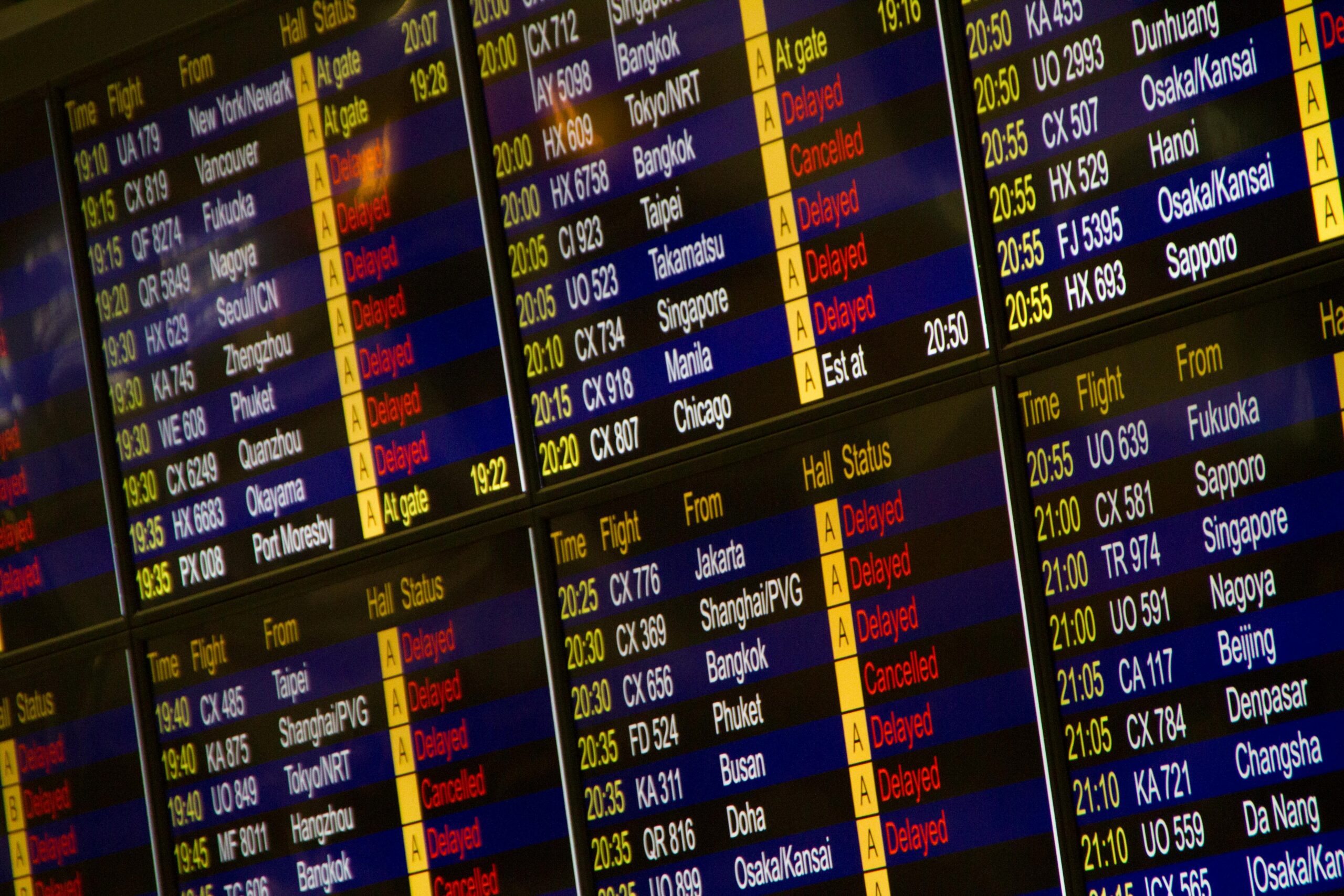Trump Administration Withdraws Proposed Airline Compensation Rule

The Trump administration has officially withdrawn a Biden-era proposal that would have required U.S. airlines to provide cash compensation to passengers for flight disruptions caused by carrier issues. The decision aligns with the current administration’s focus on regulatory review and deregulation priorities.
Understanding the Withdrawn Proposal
The proposed rule would have established mandatory compensation standards for American travelers:
- $200-300 for domestic delays lasting 3-6 hours due to airline issues
- Up to $775 for international delays of 9+ hours
- Required coverage for meals, hotels, and rebooking when disruptions are airline-caused
This proposal would have brought U.S. passenger protection closer to international standards, particularly those found in European Union regulations.
Industry Response and Concerns
Airlines and industry representatives consistently opposed the proposal throughout the comment period. Airlines for America, representing major U.S. carriers, argued that the rule would increase operational costs and potentially drive up ticket prices for consumers.
Industry stakeholders maintained that market competition already incentivizes airlines to provide quality customer service without additional regulatory requirements. They also raised concerns about the administrative burden and operational complexity of implementing such a system.
Current Passenger Protections Remain
It’s important to note that existing passenger protections established under the Biden administration continue to apply. Travelers are still entitled to automatic cash refunds for canceled or significantly delayed flights when they choose not to travel.
Airlines currently provide various forms of customer service during disruptions, including rebooking assistance, meal vouchers, and hotel accommodations, though these remain largely voluntary commitments rather than federal requirements.
International Context
Many international aviation markets have established mandatory compensation frameworks. The European Union’s EU261 regulation, Canada’s Air Passenger Protection Regulations, and similar systems in Brazil and the United Kingdom provide passengers with standardized compensation for airline-caused disruptions.
These systems typically differentiate between controllable delays (mechanical issues, crew scheduling) and uncontrollable circumstances (weather, air traffic control), with compensation applying only to carrier-controlled situations.
Practical Implications for Travelers
Without mandatory compensation requirements, passengers experiencing airline-caused disruptions should be aware of their current options:
- Automatic refunds remain available for canceled or significantly delayed flights
- Voluntary airline policies may provide meals, hotels, and rebooking assistance
- Travel insurance can offer additional protection for trip disruptions
- Credit card benefits may provide coverage for certain travel issues
Looking Forward
The withdrawal reflects the current administration’s broader approach to aviation regulation. The Department of Transportation has indicated it will continue implementing congressionally mandated consumer protections while reviewing rules that extend beyond statutory requirements.
Travelers should stay informed about their rights under existing regulations and consider additional protections through insurance or premium credit card benefits when booking flights.
Key Takeaway
While the proposed compensation rule would have provided additional passenger protections, current refund rights and voluntary airline policies remain in place. Understanding these existing protections and planning accordingly can help travelers navigate potential disruptions effectively.
Have you experienced significant flight disruptions? What customer service did you receive from the airline? Share your experiences and tips in the comments below.

